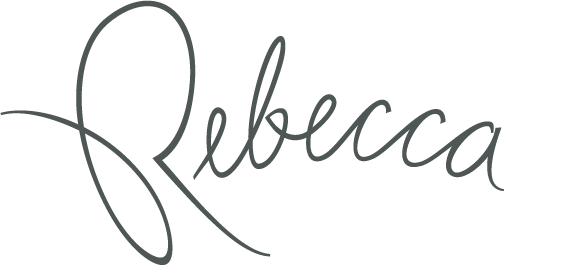About 1% of the things I've been thinking about lately:
- What if the artificial inseminations don't work and the white rhino really does become extinct? I'm not much of a cryer but I think I would cry.
- Would people rather die or drastically change their lives so that their being-ness restores earth's resources instead of depleting them? I feel like they would rather die.
- Has anyone done a study on how poetry affects the brain? (I bet it's a cross between meditation and listening to music)
- Do birds sleep in nests? (The answer is FASCINATING)
- Why is contact solution so expensive? It’s just saline in a bottle.
- Should you ever have to ask someone to love you?
- What would cross-dressers do if fashion became completely androgynous?
- Why do I feel trite for wanting to wear a wedding dress someday?
- Why doesn’t Cinderella’s glass slipper disappear at midnight with everything else?
- How do people go on european trips where they land in a new country every 2 days? Is that enough time to get a sense of anything? (except constant motion and considerable disorientation)
- Why are outdoor music festivals so popular? The fashion?
- Can we use track pads and touch screens for fingerprint passwords instead of trying to make up a new and appropriate combination of words and symbols for EVERYTHING?
- And finally, why don't we broadcast Nick Drake from the tops of the tallest buildings every morning like a call to prayer:






